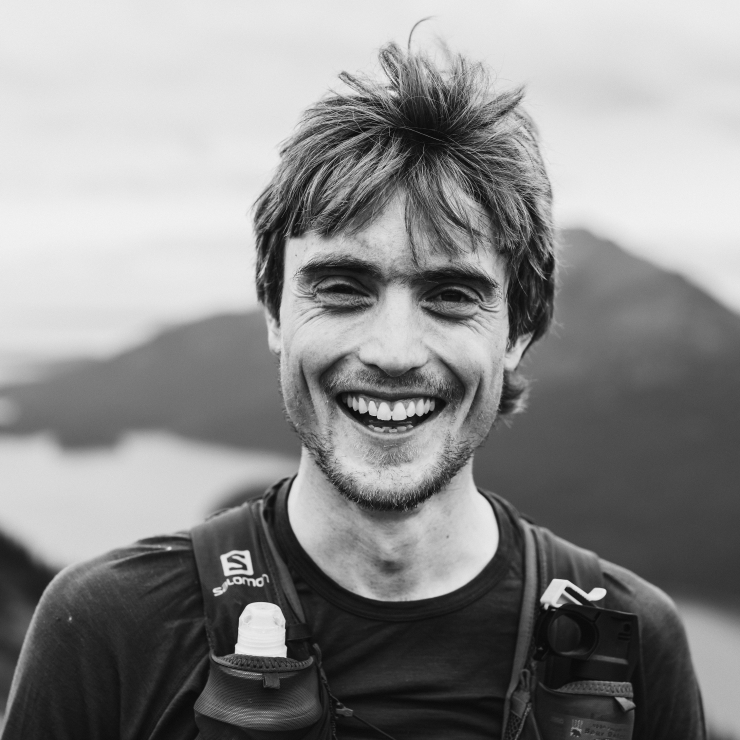Marc Fawcett-Atkinson

Journalist | Vancouver |
English
French
About Marc Fawcett-Atkinson
Marc Fawcett-Atkinson is a reporter and writer covering food systems, climate, disinformation, and plastics and the environment for Canada’s National Observer.
His ongoing investigations of the plastic industry in Canada won him a Webster Award's nomination in environmental reporting in 2021. He was also a nominee for a Canadian Association of Journalists's award for his reporting on disinformation.
Marc has previously written for High Country News, the Literary Review of Canada, and other publications on topics exploring relationships between people and their social and physical environments.
He holds an M.A. in journalism from the University of British Columbia and a B.A. in Human Ecology from the College of the Atlantic.
Farmers are losing the ‘arms race’ against weeds
Intensive farming is creating new super weeds that are nearly impossible to kill with herbicides. Already infamous for their impact on everything from water quality to biodiversity, the intensive approach to agriculture is making it even harder for farmers to protect their crops — and bottom lines — from tsunamis of harmful weeds, a new study suggests.
Turkey, stuffing and a side of pollution
Environmental scientist Thomas Elliot is calling on Canadians to cut back on the Christmas pork and turkey for the sake of the climate.
First Nation reclaims traditional territory with help from a B.C. geologist
For the first time in over 100 years, Kukpi7 (Chief) Hillary Adam of the Stswecem'c Xget'tem First Nation can now walk freely across a vast swath of his people's traditional territory.
How a Canadian farmer partnered with ‘a force in the universe’ to save his family’s land
As countries gather in Montreal to hammer out a new deal to protect global biodiversity, farms like the Coens' could offer a blueprint for how we produce food in the future. Agriculture is the largest driver of biodiversity loss worldwide, with farming identified by the United Nations as a threat to 86 per cent of species at risk of extinction.
Poilievre’s pasta politics are flawed
Conservative Party of Canada Leader Pierre Poilievre is now jumping into the politics of pasta disinformation.
Where are Canada's moose?
Moose populations are declining in many provinces, with the exception of Newfoundland and Nova Scotia’s Cape Breton. Wildlife researchers and First Nations say logging, sport hunting and climate change are to blame.
Toxic chemicals ‘a big, big problem,’ chemists warn, as countries try to strike plastic pollution deal
When Zhanyun Wang was a kid, his mother told him to avoid the sweet-smelling gases that sometimes drifted across his neighbourhood near Shanghai from nearby plastic factories. Anything that smelled "really nice," the now-researcher at the University of Zurich explained, was "probably very toxic."
She left home over toxic pollution. An update to Canada’s main environmental law might help her return
Melissa Daniels is from Fort Chipewyan, an 850-person roadless hamlet in northern Alberta. It's the land her people have lived on for time immemorial, and the place her relatives and friends call home. Yet, despite her love for her home community, she doesn't live there. The settlement is directly downstream from the tarsands, which has contaminated the hamlet and nearby forests with chemicals.
Lowest-paid workers don’t make enough for even ‘bare bones’ living
In Victoria, the province’s most expensive city, two adults working to support two children would need to make at least $24.29 an hour to afford rent, groceries and other key expenses, according to a new analysis by the Canadian Centre for Policy Alternatives.
Cocaine and other chemicals made floods a toxic cocktail
The floodwaters covering the former Semá:th X̱ó:tsa, or Sumas Lake — now called Sumas Prairie — contained 379 chemical components and bacteria, researchers found. Two-thirds were created by humans, including several that aren't found in nature.










